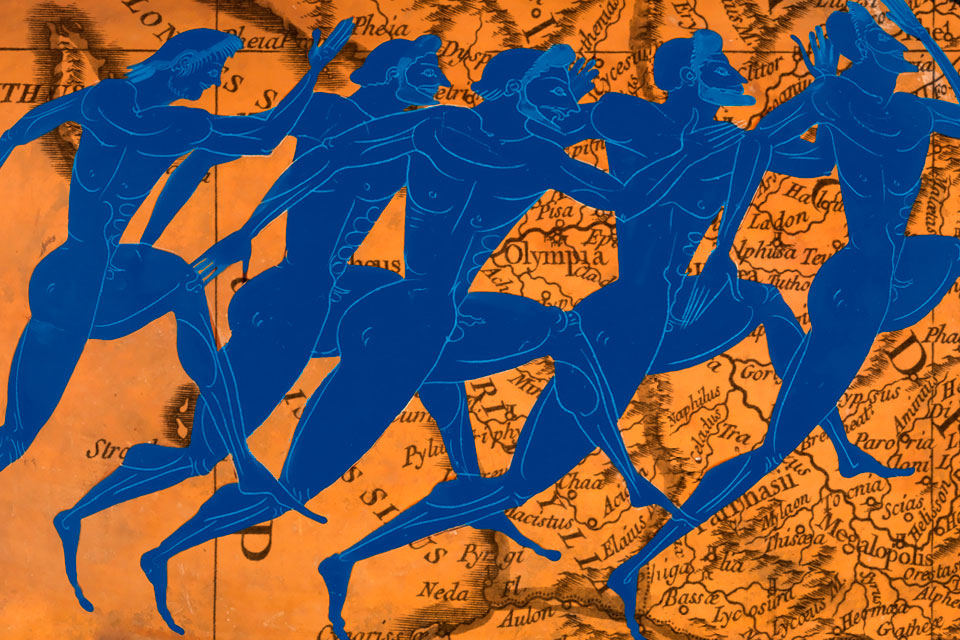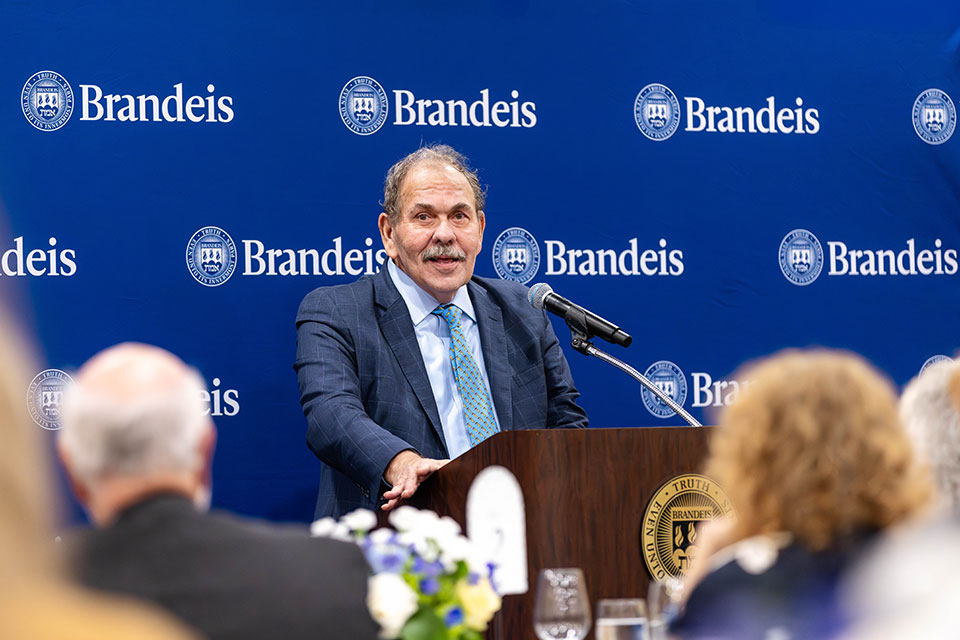Lessons from the ancient Olympics

Photo Credit: Getty Images
By Joel Christensen
July 25, 2024
As the 2024 Olympics make their debut, I can not help but think back to the original Olympic games in ancient Greece more than 2,000 years ago. When I teach about those ancient competitions, I emphasize that the games held every four years at Olympus served not just as sporting events, but as a means to create connections between different city-states and aristocratic families.
When the original games were first held in 776 BC, Greece was made up of a loose collection of individual city-states, each of which experimented with different styles of government, from democracy to oligarchy to autocracy. Participants arrived with wildly different political ideals and values — and competing via sport provided a communal “release valve” for those communities. In short, the games offered a peaceful means of asserting political dominance, while avoiding the all-out warfare that often swept through the Hellenic world.
Not that combat was far from ancient Olympic athletes' minds. The skills they needed to excel in the games were, in a sense, an extension of the skills they’d need on the battlefield. While warfare at the time was largely the province of heavily-armored armies and navies, the Olympic events borrowed from a more idealized form of battle training. Esoteric events like the long jump and the discus throw emerged directly out of the epic poetry and myths that Greek cultures collectively shared.
In the 23rd book of the Iliad, for instance, Achilles honors his late friend Patroklos by sponsoring contests in his name, including chariot races, running, boxing, wrestling, and archery. This sort of ritualized training for combat was, in a sense, a way for aristocratic athletes to “play-act” like their mythical heroes while competing simultaneously for themselves and for their cities.
Many Greek city-states took the renown from these competitions quite seriously. Historic documents reveal that a cottage industry of praise poetry emerged from the games to commemorate victories: Theban poets like Pindar and Bacchylides specialized in composing extensive victory odes (songs performed by choruses with dance and gestures) to announce the glory of a victor, his family, his city, and the divine figures who favored him. In Athens, the prestige of an Olympic victory was such that winners were granted food for life in the public mess hall.
In some sense, this celebration of Olympic “heroes” still occurs today. Our media outlets create detailed odes to victors — biographies that espouse the values of sacrifice, teamwork, and perseverance against all odds. Likewise, as each nation’s athletes take the podium, they continue to put their government’s political values on display, letting international rivalries and competition play out peacefully.
Our modern version has reinvented the original Greek framework and extended it to people all over the world — yet we are still largely playing their games. Although we have added many modern sports into the mix (for example, skateboarding and rock climbing), we have preserved many of the original anachronistic competitions like wrestling, running, javelin, pole vault, and discus.
The essential tensions of the original games also remain: National identities and esteem are still thrown into the ring; the most powerful and wealthy nations still walk away with the most prizes; and audiences still witness athletic feats that seem on the verge of impossible. I, for one, will be watching with pleasure.


